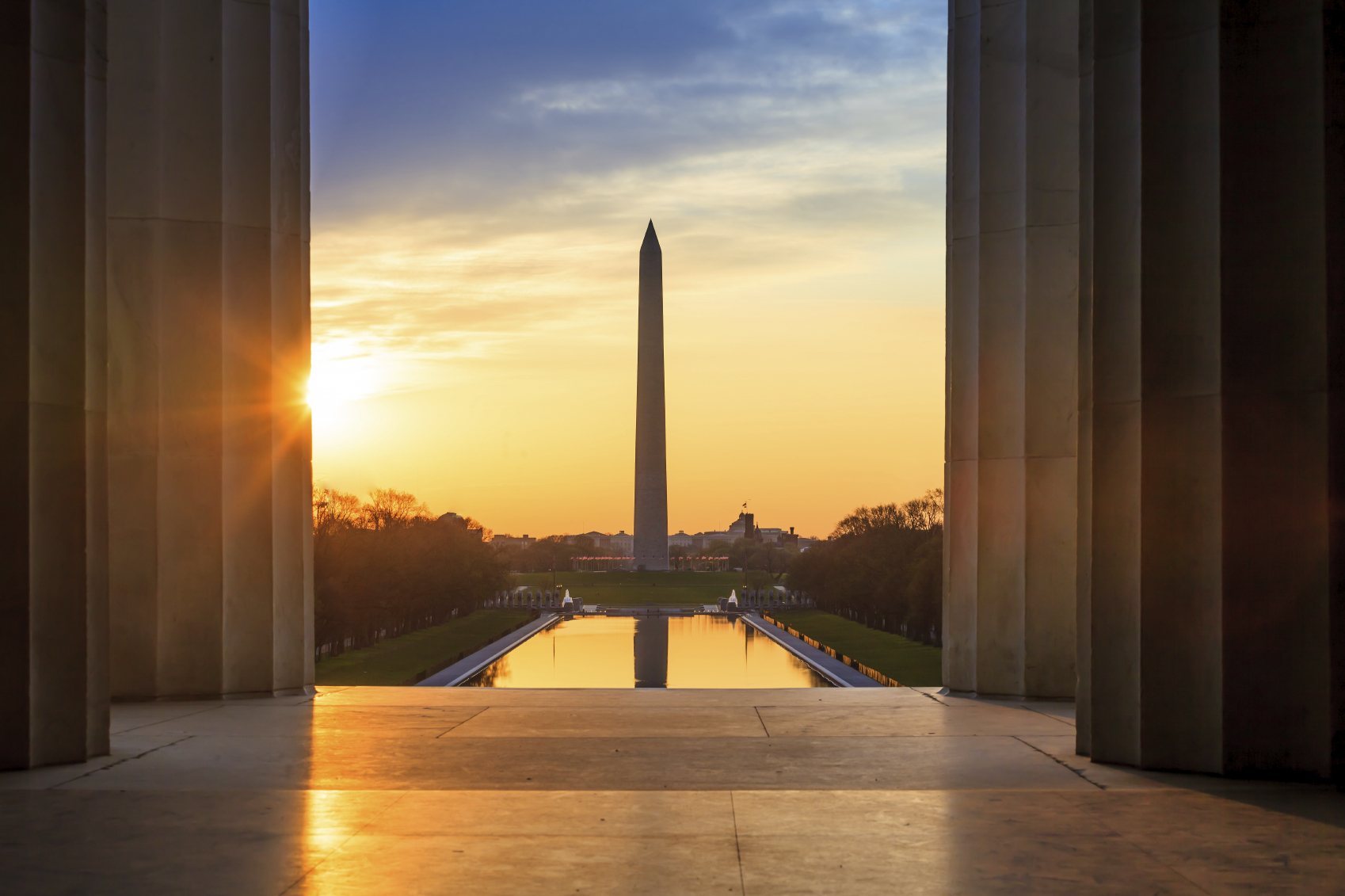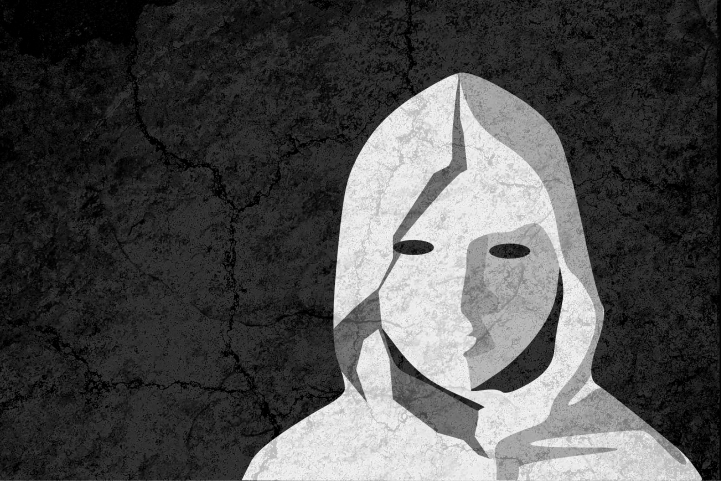It’s August 28, 1963. Hundreds of people are soaking their feet in the Reflecting Pool in an attempt to cool-off. It’s a normal mid-summer day but the body heat of 250,000+ people is causing an abnormal spike in D.C. The cool marble of the Lincoln Memorial mocks attendees who have spent months marching to its steps. It’s a pivotal place and an important time for America.
And it begins.
“I am happy to join with you today in what will go down in history as the greatest demonstration for freedom in the history of our nation.”
The words of Reverend Martin Luther King echo. The fatigued crowd perks up a bit. King is the last speaker on the docket for the day.
“But 100 years later the Negro still is not free… 100 years later the Negro lives on a lonely island of poverty in the midst of a vast ocean of material prosperity… So we’ve come here today to dramatize a shameful condition.”
The crowd now directs its attention to the man whose words have cut through the heat of the noonday sun.
There are few speeches that stir up emotion like “I have a dream…” 1963 was not that long ago. Many of you were in your teens and early twenties. I, however, was not yet born. My parents were just 3 and 4 years old when the Civil Rights Act was passed.
In 1982 my parents moved our family from rural Wisconsin to just outside Columbus, Georgia. For seemingly the first time in their lives, they saw ‘the red hills of Georgia‘, that King referenced. The makeup of rural Wisconsin was fairly homogeneous, but still not without racial slurs and injustices.
I remember the day I heard my grandma make a reference to ‘colored folk‘. My 12 year old brain (1997) couldn’t comprehend how this wise old woman that I loved and admired could say such a thing. Truly, 1963 was not that long ago. It’s difficult for me to even begin to grasp the gravity of that day, a day that is woven into the fabric of what our country is today.
The speech continues…
“But we refuse to believe that the bank of justice is bankrupt. We refuse to believe that there are insufficient funds in the great vaults of opportunity of this nation. So we’ve come to cash this check, a check that will give us upon demand the riches of freedom and the security of justice.”
“We have also come to this hallowed spot to remind America of the fierce urgency of now.”
“Now is the time to make real the promises of democracy. Now is the time to rise from the dark and desolate valley of segregation to the sunlit path of racial justice. Now is the time to lift our nation from the quicksands of racial injustice to the solid rock of brotherhood.”
“I have a dream that one day this nation will rise up, live out the true meaning of its creed: We hold these truths to be self-evident, that all men are created equal.”
“I have a dream today… I have a dream that one day every valley shall be exalted, every hill and mountain shall be made low. The rough places will be made plain, and the crooked places will be made straight. And the glory of the Lord shall be revealed, and all flesh shall see it together. This is our hope.“
Listen to “I Have a Dream” here.
Look at the language in this 17-minute speech. I cannot overlook the undertone of faith that flows in and out of each phrase, each pause, and each stanza. Even overtones with direct references to Amos 5:24 (ASV) and Isaiah 40:3-5 (NKJV). It’s such faith that petitions the masses to direct attention to the greater good for the future livelihood of our nation and humanity. It’s a call to equality – a dream that persisted to fruition through a faith grounded in the promises of God.
No Christian played a more prominent role in this century’s most significant social justice movement than Martin Luther King Jr. In his first public role in the civil rights movement as the president of the Montgomery Improvement Association, King boldly proclaimed, “We must keep God in the forefront. Let us be Christian in all our actions.” Taking leadership in Dexter Avenue Baptist Church as pastor, he went on to say, “Love is one of the pinnacle parts of Christian faith. There is another side called justice, and justice is really love in calculation.”
King’s service to America was for humanity to experience God’s love and plan for them. To those guarding his home and life as he proceeded down the path to Washington, he told them, “Keep moving… with the faith that what we are doing is right, and with the even greater faith that God is with us in the struggle.” On April 3 of 1968 he told his audience, “I may not get there with you, but I want you to know that tonight that we as a people will get to the promised land.” The next day, Martin Luther King was assassinated. Some say the civil rights movement fragmented after King’s death. Yet, 20 years after his death, his life work was deemed so crucial to our nation’s history that a national holiday was named after him.
Such faith. My millennial mind scans this photo in hopes to start to feel what that day was like. I look at the crowd – a snapshot of America. And it hits me. Do you see cell phones? This is a country that does not know about mobile devices and personal computers, let alone today’s household brands, Apple and Microsoft. The future for them is not certain as they wait in anticipation, expectation, and hope. They don’t know what the next day holds, let alone 2014. But ours is a country that presents itself as a captive audience when the chords of freedom ring. Ours is a country of hopes and dreams and faith. Gadgets not required.
It’s even startling to my millennial mind that 250,000+ people could descend on one location without the use of gadgets, Facebook event invites, emails, or an itinerary posted on a website somewhere. No searches for open parking ramps, for a place to sit, for the locations of restrooms, restaurants, or rest areas. None of that mattered. People just showed up. They showed up from the curvaceous slopes of California, and they showed up from Lookout Mountain in Tennessee.
Each day brings a new opportunity to trust God with our hopes and dreams, through faith. He is faithful. It is my prayer that we will continue to keep showing up and standing up for our faith when hopes and dreams persist.
Do you remember August 28, 1963?
Do you have a dream?
Resource cited: Moldovan, Russel. Martin Luther King, Jr.: An Oral History of His Religious Witness and His Life. Lanham: International Scholars Publications, 1999. Print.



















